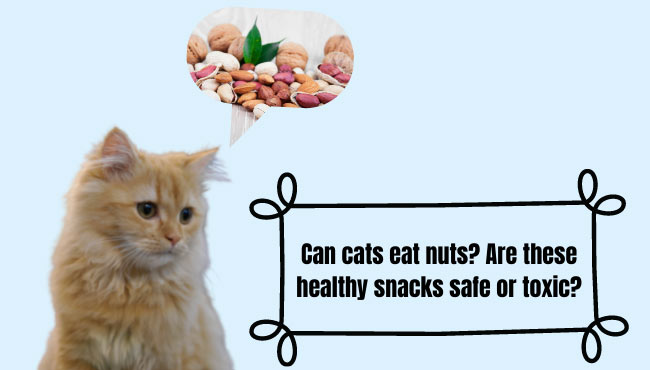
Can cats eat nuts? Are these healthy snacks safe or toxic?
Nuts are a good source of protein, fiber, and other nutrients for humans. But do cats need them in their diets? Cats are natural carnivores, meaning they rely on meat for their nutrition. So nuts may not be the best food choice for them. However, is it acceptable for cats to consume nuts occasionally?

Can cats eat nuts?
The main issue with nuts is that they are high in fat. Too much fat in a cat’s diet can lead to weight gain and increase the risk of developing diabetes and pancreatitis. While most nuts are non-toxic for cats, it is still important to know which types may be harmful and how much is too much.
Read More:
- The Different Types of Emotional Support Animals
- 5 Benefits of Coconut Oil for Dogs
- What to Do If Your Dog Has Skin Allergies
- How to Take Care of the Health of Your Senior Cat
- Human Foods that Dogs Can and Cannot Eat
Almonds
Can cats eat Almonds? Although almonds are a healthy and practical snack for humans, they are not a food to share with your feline companions. Almonds may not make your kitty sick immediately, but they can still pose a significant risk to her health.
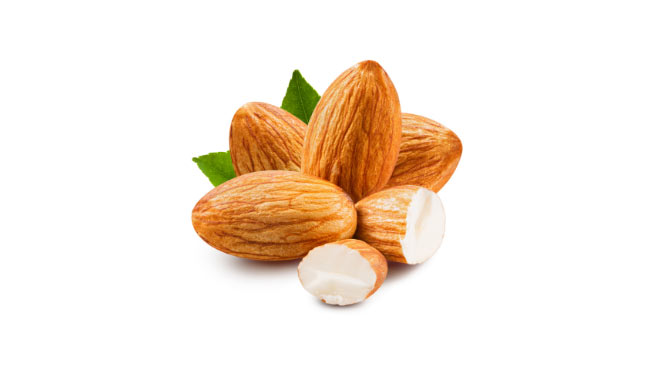
The ASPCA has stated that almonds are not poisonous to cats. This means that if your cat consumes a small amount of almonds, she will most likely be fine. However, the ASPCA recommends against allowing your cat to consume almonds because they could cause other problems for your kitty.
Cats rely on low-fat foods. They may have stomach distress or vomiting if they consume too many almonds. The takeaway is that it’s safe to give your cat one or two almonds, but don’t expect them to be a good source of nutrition for your cat.
Brazil nuts
Brazil nuts are high in monounsaturated fat as well as vitamins C, E, B6, and A, as well as calcium, zinc, magnesium, copper, and manganese.
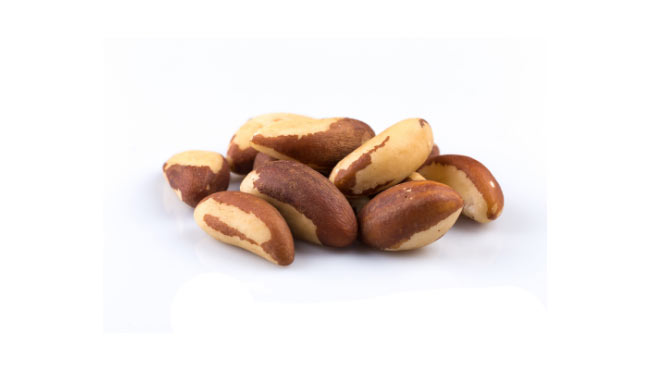
They are beneficial for cats in small amounts; however, for some cats, this can be a problem because of the high selenium content. Kittens can eat brazil nuts in small quantities.
Pistachios
Pistachios, like all nuts, are high in fat, which is terrible for your companion’s diet. Typically, pistachios are packed with salt or artificial flavors. These are absolute no-nos for your cat.
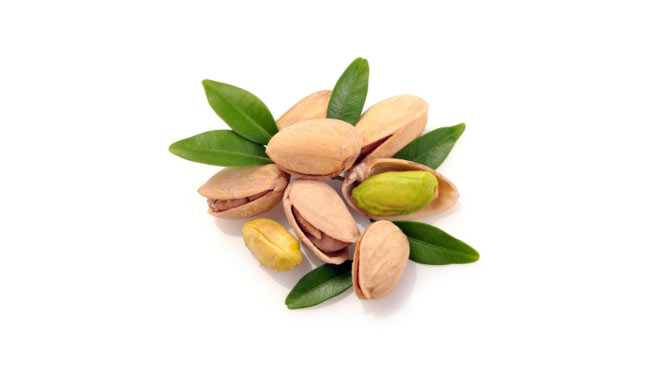
Even if you still want to give your cat pistachio, make sure it doesn’t have a shell because the shell can be even more dangerous than the nut itself. If the shells are eaten, they can cause an intestinal blockage, which needs immediate help from a vet.
Cashews
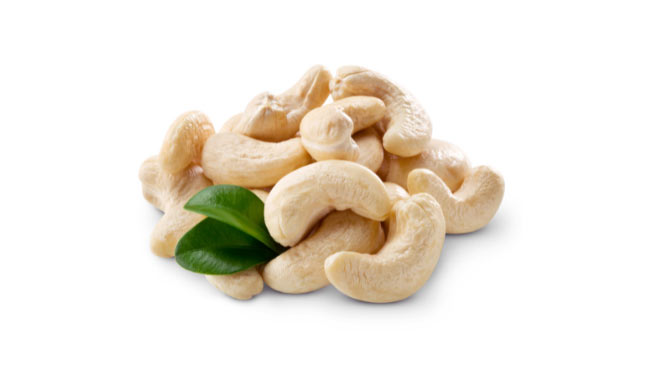
Can cats eat cashews? Yes, but it is best to give them only a small amount because they are high in fat and can make your cat sick. If you give them too many, it might make their stomach upset and cause diarrhea.
Chestnuts
The ASPCA says that chestnuts and the leaves and stems of chestnut plants are safe for cats to eat. However, horse chestnuts, which have a different name (buckeyes), are toxic to cats and should not be consumed. Horse chestnuts are not a common item in most households, so this risk is higher for outdoor cats that may come into contact with these plants in the wild.
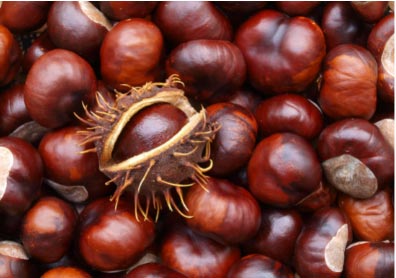
Chestnuts can be good for cats in moderation, but most vets recommend not feeding them nuts at all. One big reason for this is that cats have a small esophagus and trachea, which increases their risk of choking on small food items like nuts. Nuts can also become lodged in the stomach or intestines, causing an obstruction, which can require emergency surgical intervention.
Hazelnuts
This nut is safe for felines, but it does not have all the nutrients your cat needs. You can share a few hazelnuts with your kitty, but do not use them to substitute for a regular meal.
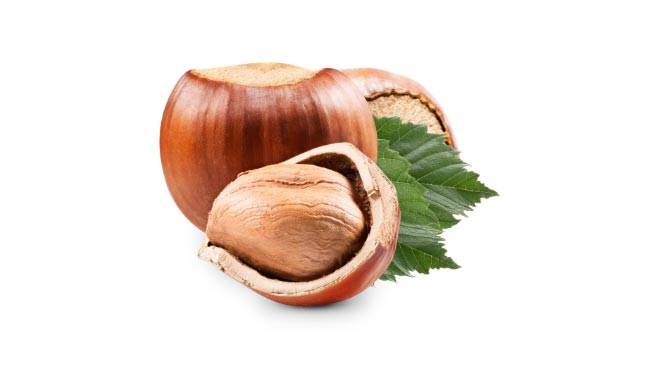
Remember that hazelnuts are high in fat, which can upset your cat’s stomach if they eat too many. They can also become a choking hazard, so don’t let your cat eat hazelnuts unsupervised.
Macadamia nuts
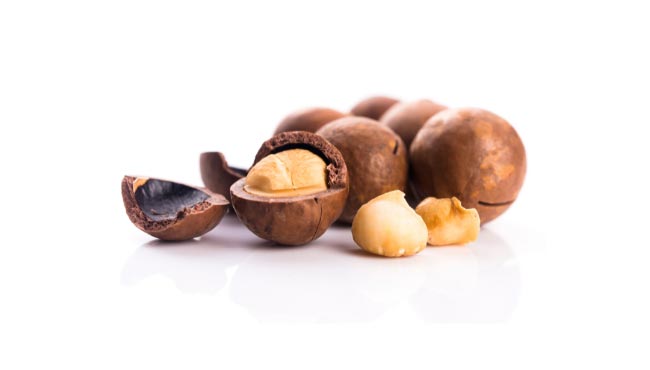
It is best to keep macadamia nuts away from your cat. This type of nut can cause the cat to be lazy, vomit, have a high body temperature, and tremble. Other types of nuts, such as walnuts, can also be harmful to cats.
Pecans
Sometimes, our furry friends eat things that we don’t want them to eat. Sometimes they eat something that might not be the best for them. If you have come to this page in a panic seeking an urgent answer about pecans and your cat, relax! The simple answer is, yes, cats can eat pecans.
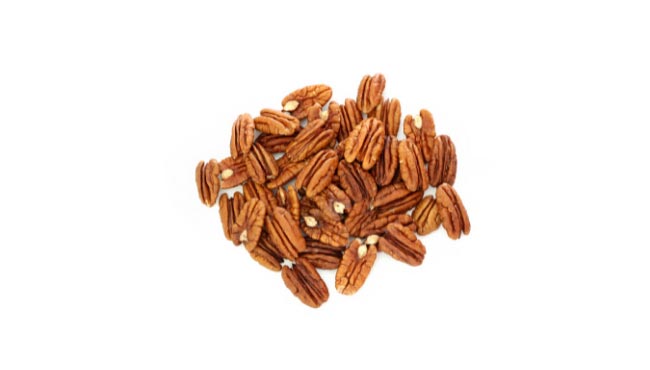
Pecans are not poisonous to cats, and if your pet has eaten a few of these nuts, they will not likely experience any long-term health problems. However, this does not mean that it is healthy for cats to eat pecans.
Pine nuts
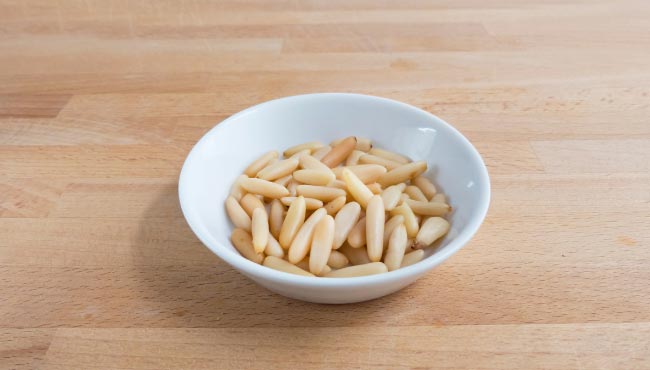
Pine nuts are a delicious snack that we enjoy, and sometimes we might want to share them with our cats. They are a good source of nutrients and contain lots of healthy fat, which gives cats good energy. Whenever your cat sees you snacking on nuts, they will likely come over for a taste. But as we know, not everything we eat is safe for cats – this leaves many cat owners to wonder if it is okay to give their cats pine nuts.
Cats can eat pine nuts. However, pine nuts are high in fat and should only be fed to cats in moderation. If cats eat too many pine nuts, they may experience diarrhea, vomiting, and digestive issues.
Walnuts
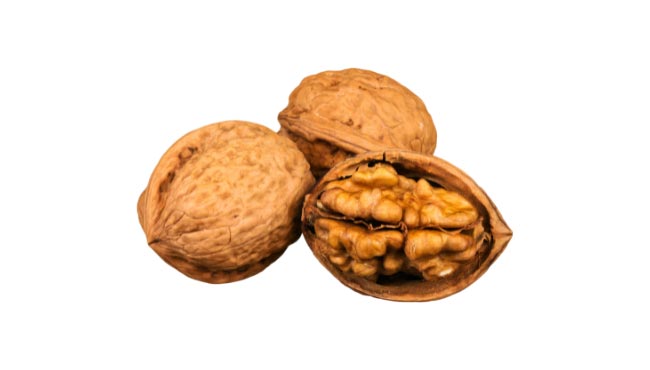
Are walnuts poisonous to cats? Well, not really. A single walnut won’t cause too much harm to your cat, but make sure it doesn’t become an everyday snack.
Because nuts are high in fat, eating more than one may make you throw up or have diarrhea. Also, cats shouldn’t eat moldy walnuts because fungi can produce mycotoxins that can cause them to shake. Cats can get sick from these poisons, so throw away any moldy walnuts you have.
Peanuts
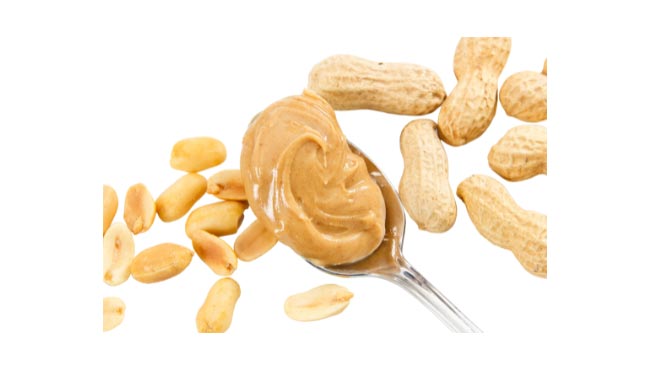
Can cats eat peanuts? No, peanuts are not good for cats. They are high in fat, and it is hard for them to digest. Peanuts often have salt, sugar, artificial flavors, and taste enhancers, so always read the ingredients before giving your cat anything with peanuts in it.
Peanuts can cause some cats to have an allergic reaction. Even though this is not a common problem, it is still important to be careful with peanuts. What’s more, you need to get rid of the shells so that people do not choke on them or get them stuck in their intestines.
Coconut
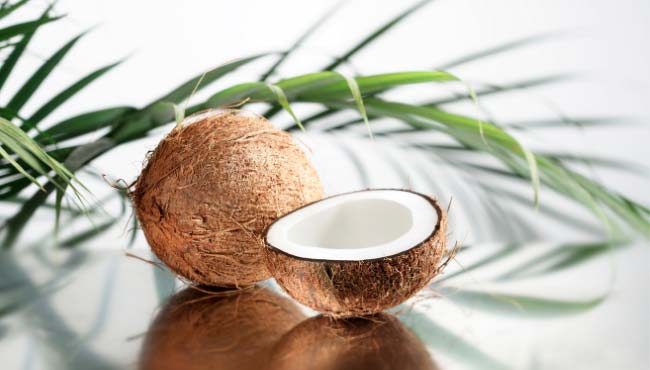
Coconuts are a fruit, nut, and seed all in one. After it is harvested from the tree, it can be processed into different products like coconut meat, milk, or oil.
Some curious cats might be drawn to its potent and refreshing aroma. But can you share some coconut with your cat?
Can cats have coconut oil? If you are looking for a dietary supplement, coconut oil is a good option to soften fur and promote healthy skin in felines. You can purchase coconut oil and add it to wet food or feed in small amounts.
Coconut oil and milk can be good for your cat’s skin and fur, but it is not the best for their nutritional profile. It has a high-fat content, which could cause digestive difficulties or weight gain if your cat eats it often. When you make homemade treats for your cat, use only a small amount of coconut oil or milk.
Conclusion
So, can cats eat nuts? The answer is yes, but with a few caveats. It’s important to remember that nuts are high in fat, and too much of this can harm your cat. Be sure to only give your cat a small amount of nuts at a time and monitor their reaction closely. If you notice any adverse effects after feeding your cat nuts, stop immediately and consult your veterinarian. Do you give your cat nuts as a snack? What has been their reaction? Let us know in the comments below!



